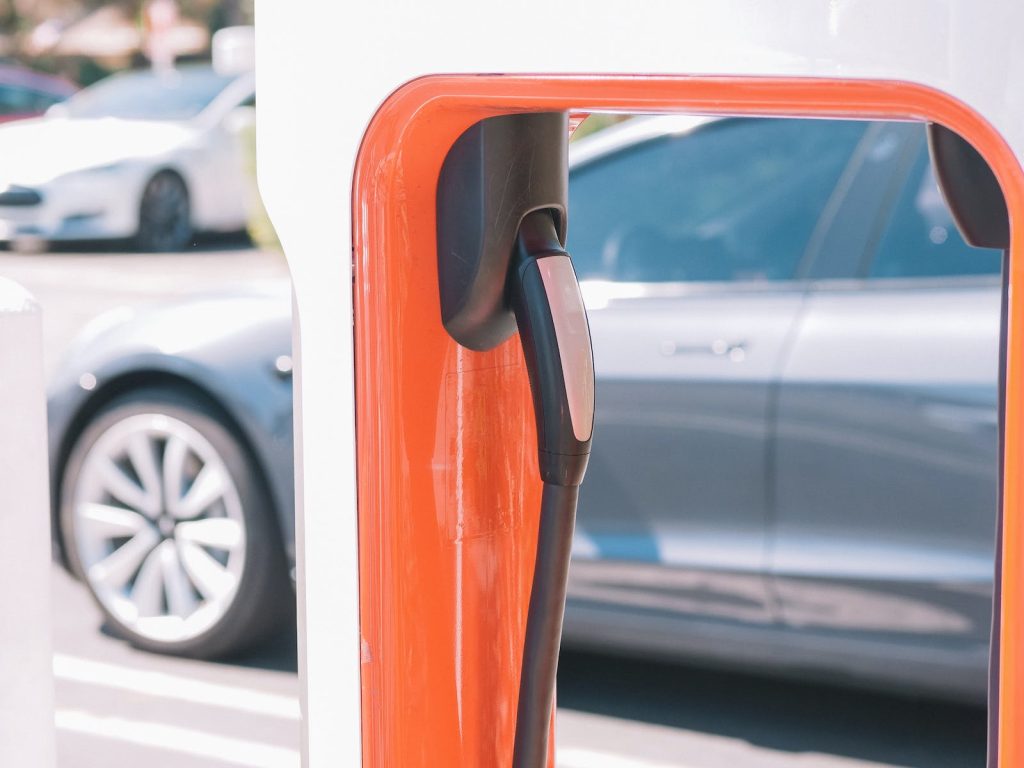In the modern world, ethical investments have gained significant traction as investors increasingly seek opportunities to align their financial goals with their values. One area that has attracted considerable attention is sustainable energy. Ethical investments in renewable energy not only offer financial rewards but also contribute to addressing pressing environmental challenges and creating a more sustainable future.
In this article, we will explore several case studies that exemplify the success of ethical investments in sustainable energy. These success stories highlight the positive impact of investing in renewable energy and showcase the transformative potential of these investments. From solar energy providers to offshore wind farms and innovative solar solutions for off-grid households, each case study offers valuable insights into the benefits and opportunities associated with ethical investments in sustainable energy.
Case Study 1: SolarCity (Now Tesla Energy)
SolarCity, founded in 2006 by brothers Peter and Lyndon Rive, emerged as a leading provider of solar energy systems in the United States. The company aimed to democratize access to clean energy by making it affordable and accessible to homeowners, businesses, and schools. To achieve this, SolarCity introduced a unique business model that involved installing solar panels on rooftops and leasing them to customers, eliminating the need for hefty upfront investments.
In 2013, SolarCity received a significant ethical investment from Tesla Motors, led by visionary entrepreneur Elon Musk. This investment provided the company with the necessary capital to expand its operations and reach a broader customer base. As a result, SolarCity played a pivotal role in accelerating the adoption of solar energy in residential and commercial sectors, significantly reducing carbon emissions and promoting energy independence.
SolarCity’s success can be attributed to its innovative financing options, such as power purchase agreements (PPAs) and solar leases. These financing models made solar energy accessible to a wider audience, creating a shift in the energy landscape across the United States. Today, SolarCity operates as Tesla Energy, further integrating renewable energy solutions into the broader Tesla ecosystem.
In addition to its financial success, SolarCity’s ethical investment in sustainable energy has had a profound impact on the environment. By enabling widespread adoption of solar energy, the company has significantly reduced reliance on fossil fuels and contributed to mitigating climate change. Furthermore, the accessibility of solar energy has empowered individuals and communities to take control of their energy consumption and reduce their carbon footprint.

Case Study 2: Ørsted (Formerly DONG Energy)
Ørsted, formerly known as DONG Energy, embarked on a remarkable transformation from a fossil fuel-based energy company to a global leader in offshore wind energy. Recognizing the urgent need for sustainable energy solutions, Ørsted made a bold commitment to phase out coal and focus on renewable energy sources.
Ethical investments played a vital role in Ørsted’s transition. The company attracted significant investments from institutional investors committed to supporting sustainable energy projects. These investments provided the necessary capital to develop offshore wind farms and invest in cutting-edge wind turbine technology.
By embracing ethical investments, Ørsted not only diversified its energy portfolio but also became a catalyst for change in the renewable energy industry. The company’s commitment to sustainable practices and its strategic partnerships with investors propelled the growth of offshore wind energy, leading to a substantial reduction in carbon emissions and the creation of green job opportunities.
Today, Ørsted stands as one of the world’s largest developers and operators of offshore wind farms, with a strong presence in Europe, Asia, and the United States. The company’s success not only contributes to the global shift towards renewable energy but also generates substantial economic benefits and creates job opportunities in the regions where their wind farms are located. Ørsted’s example serves as an inspiration for other fossil fuel-based energy companies to undertake similar transformations, demonstrating the viability and profitability of ethical investments in sustainable energy.
Case Study 3: M-KOPA Solar
M-KOPA Solar is a Kenyan company that has revolutionized access to clean energy for off-grid households in East Africa. The company leverages mobile payment technology to offer pay-as-you-go solar energy systems, providing affordable and reliable electricity to millions of people who previously relied on expensive and polluting sources such as kerosene lamps.
Ethical investments have played a crucial role in M-KOPA Solar’s growth and impact. Several impact investors, including Acumen Fund and FMO, have provided capital to M-KOPA Solar, enabling the company to scale its operations and reach more households in rural areas. These investments have not only helped alleviate energy poverty but also improved livelihoods and reduced carbon emissions.
M-KOPA Solar’s innovative business model and ethical investments have transformed the lives of over one million customers, providing clean electricity for lighting, phone charging, and powering small appliances. The company’s success showcases the power of ethical investments in driving sustainable solutions and improving the lives of underserved communities.
By investing in M-KOPA Solar, investors have not only achieved financial returns but also made a significant social and environmental impact. The company’s pay-as-you-go model ensures that households can afford solar energy systems without the burden of upfront costs. This approach has not only improved energy access but also reduced reliance on fossil fuels, contributing to a cleaner and more sustainable environment.
Case Study 4: Envision Solar
Envision Solar is a U.S.-based company that designs and manufactures innovative solar charging and energy solutions. The company specializes in developing solar-powered charging stations for electric vehicles (EVs) and solar-powered infrastructure for smart cities.
Ethical investments have played a critical role in Envision Solar’s growth and success. By attracting investments from socially responsible investors, the company has been able to expand its product offerings and deploy its solar charging infrastructure in various cities across the United States. These investments have helped accelerate the adoption of clean transportation and support the development of smart city initiatives.
Envision Solar’s solar charging stations provide a sustainable and convenient solution for EV owners, enabling them to charge their vehicles with clean energy generated from the sun. The company’s innovative products contribute to reducing greenhouse gas emissions and improving air quality in urban areas. Furthermore, Envision Solar’s solar-powered infrastructure supports smart city initiatives by providing renewable energy to power various devices and systems, promoting energy efficiency and sustainability.
Through ethical investments, Envision Solar has not only created a successful business but also made a significant contribution to the transition towards clean and sustainable transportation and smart cities.
Case Study 5: Swell Energy
Swell Energy is a California-based company that specializes in home energy storage and virtual power plant solutions. The company aims to empower homeowners to become active participants in the clean energy transition by providing them with tools to store and manage their energy consumption effectively.
Ethical investments have played a crucial role in Swell Energy’s growth and impact. The company has attracted investments from venture capital firms and impact investors who recognize the potential of home energy storage in enabling a decentralized and resilient energy system. These investments have allowed Swell Energy to develop cutting-edge technologies and expand its services to more homeowners.
Swell Energy’s home energy storage systems not only provide backup power during outages but also enable homeowners to optimize their energy usage by storing excess solar energy for use during peak hours or when the grid is under strain. By doing so, homeowners can reduce their reliance on the grid, lower their electricity bills, and contribute to a more sustainable energy system.
In addition to home energy storage, Swell Energy also offers virtual power plant solutions, where multiple home energy storage systems are aggregated and managed as a single resource. This approach allows for better grid management, load balancing, and the integration of renewable energy sources on a larger scale.
Through ethical investments, Swell Energy is driving the adoption of home energy storage technologies and contributing to the transformation of the energy landscape toward a decentralized and sustainable future.

































